Used Stationary Bikes For Sale – But in reality, even the most profound relationships can be commodified in some way. A blacksmith might craft a sword, a tailor might stitch a suit, and a potter might mold a vase. The growing appeal of second-hand goods is also tied to a growing awareness of environmental issues. In a world that often prioritizes convenience
The notion of a business for sale is one that captures the imagination of many. The possibilities are endless, and the result is often something more unique and personal than what could be bought new. The idea of being “for sale” also touches on larger cultural and societal themes. From designer labels to quirky, eclectic finds, second-hand clothing offers a wealth of variety and style at a fraction of the price of new items. Upcycling is a great way to make the most out of second-hand goods, adding both value and meaning to the items that are being repurposed. It may have been passed down, carefully preserved, and lovingly maintained. They can assist in determining the right price for the business, marketing it to potential buyers, and managing the negotiation process. For some, selling a business is a proactive decision to move on to new ventures, while for others, the sale might be the result of external factors, such as market downturns, changing consumer preferences, or regulatory shifts. Buyers can often filter search results by price, condition, and location, making it easier to find the best deals. The decision to sell an heirloom piece of furniture, for example, can be emotionally complex, as it involves a shift in one’s connection to the past. The appeal of finding a hidden gem, something that has been cherished by someone else and is now available for a new owner, is a part of the allure of second-hand goods. Whether it’s a car, a house, or a simple piece of furniture, there’s a process that unfolds. These generations are more aware of the environmental impact of fast fashion, disposable goods, and the need to adopt more sustainable practices. These platforms provide a convenient way for sellers to connect with potential buyers, set their prices, and arrange for shipping or pick-up. Many online platforms also allow buyers and sellers to leave feedback and reviews, helping to build trust and credibility in the transaction. Online platforms also give buyers and sellers the chance to evaluate one another through reviews and ratings, adding an extra layer of trust and security to the transaction. And, in a way, this is the ultimate form of freedom: the ability to buy, sell, and trade on your own terms.

Used Cybex 700R Stationary Bikes For Sale
Shop best sellersfast shippingdeals of the dayread ratings & reviews
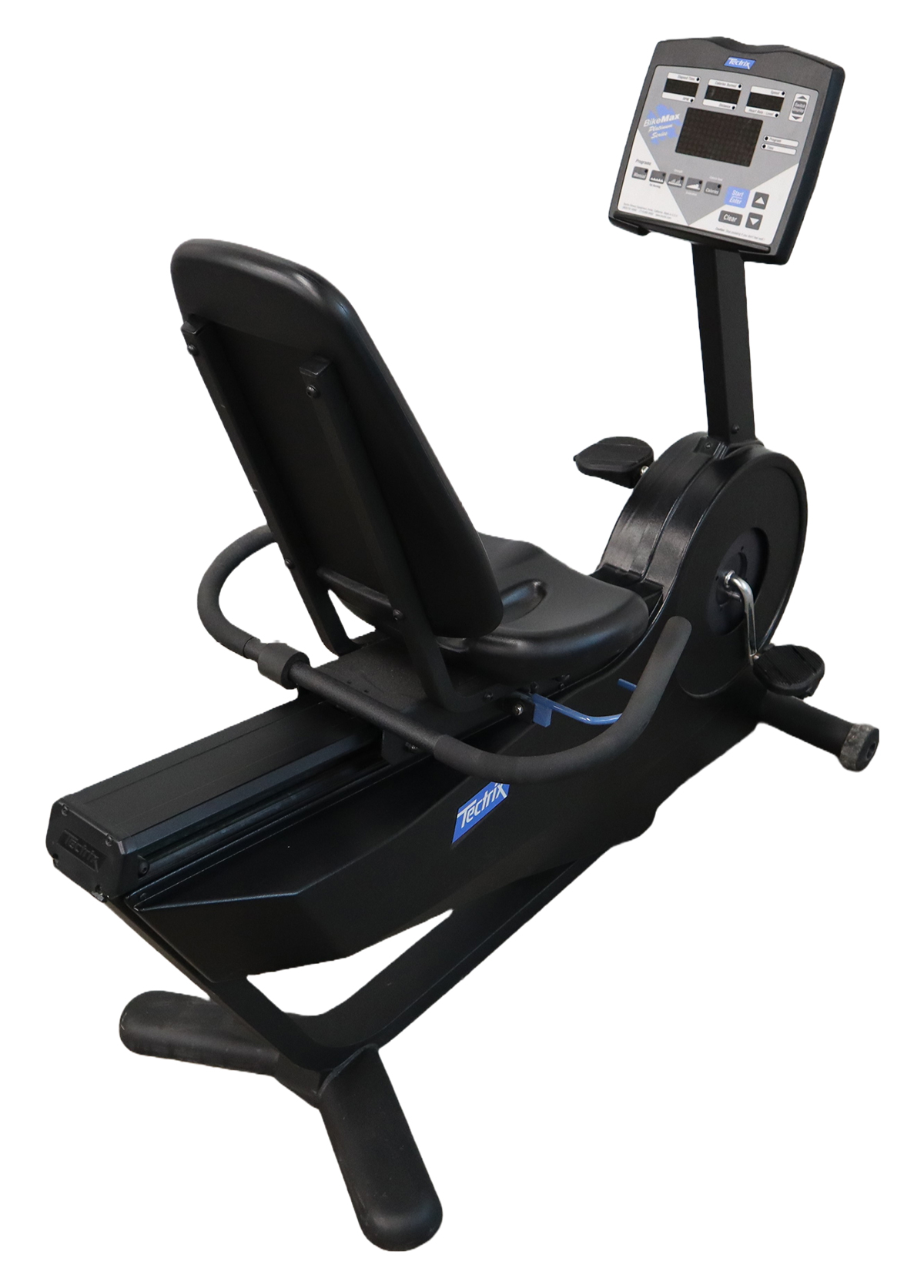
Used Tectrix Bike Max R Stationary Bikes For Sale
Shop best sellersfast shippingdeals of the dayread ratings & reviews
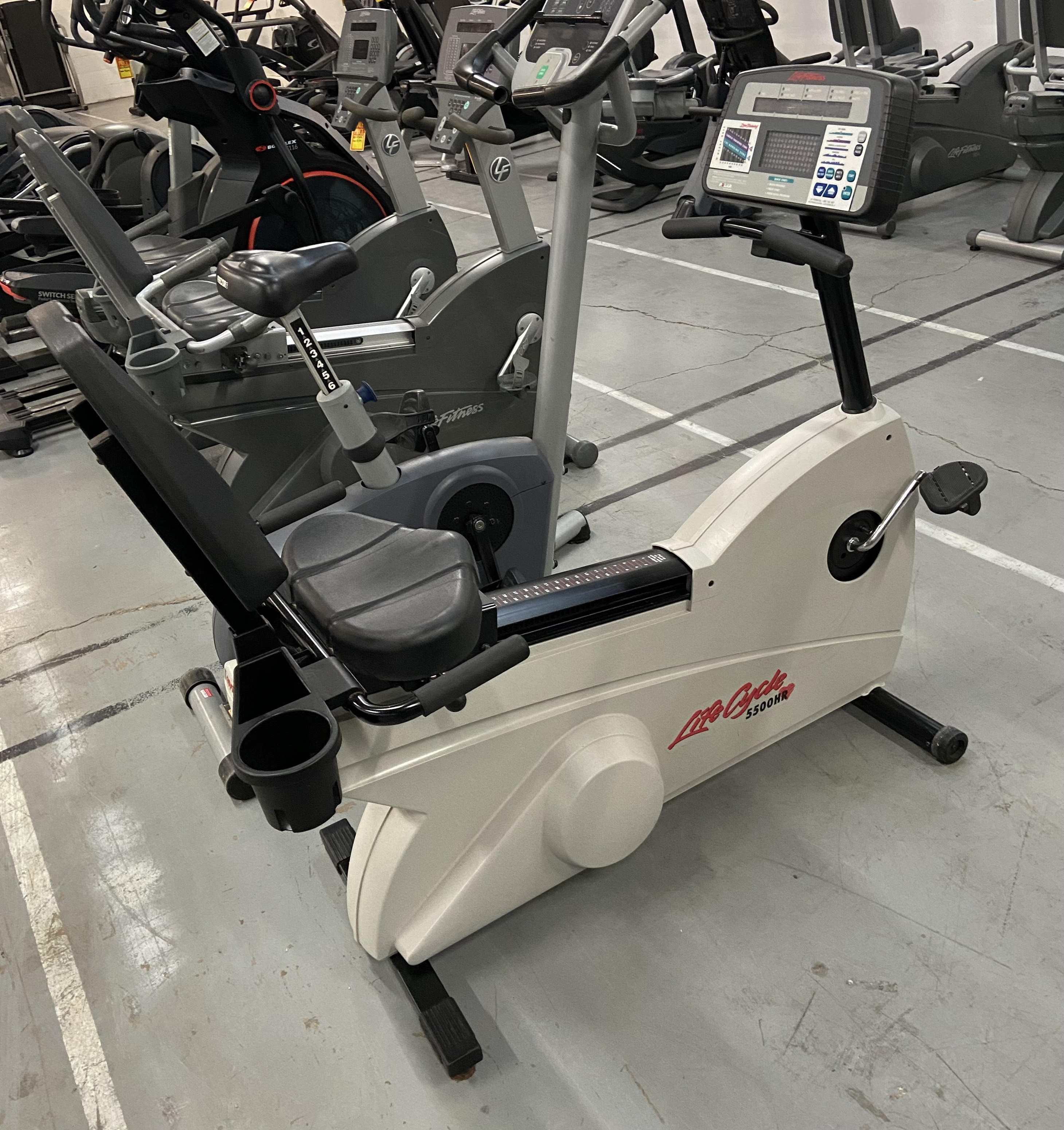
Used Life Fitness 5500HR Stationary Bikes For Sale
Shop best sellersfast shippingdeals of the dayread ratings & reviews
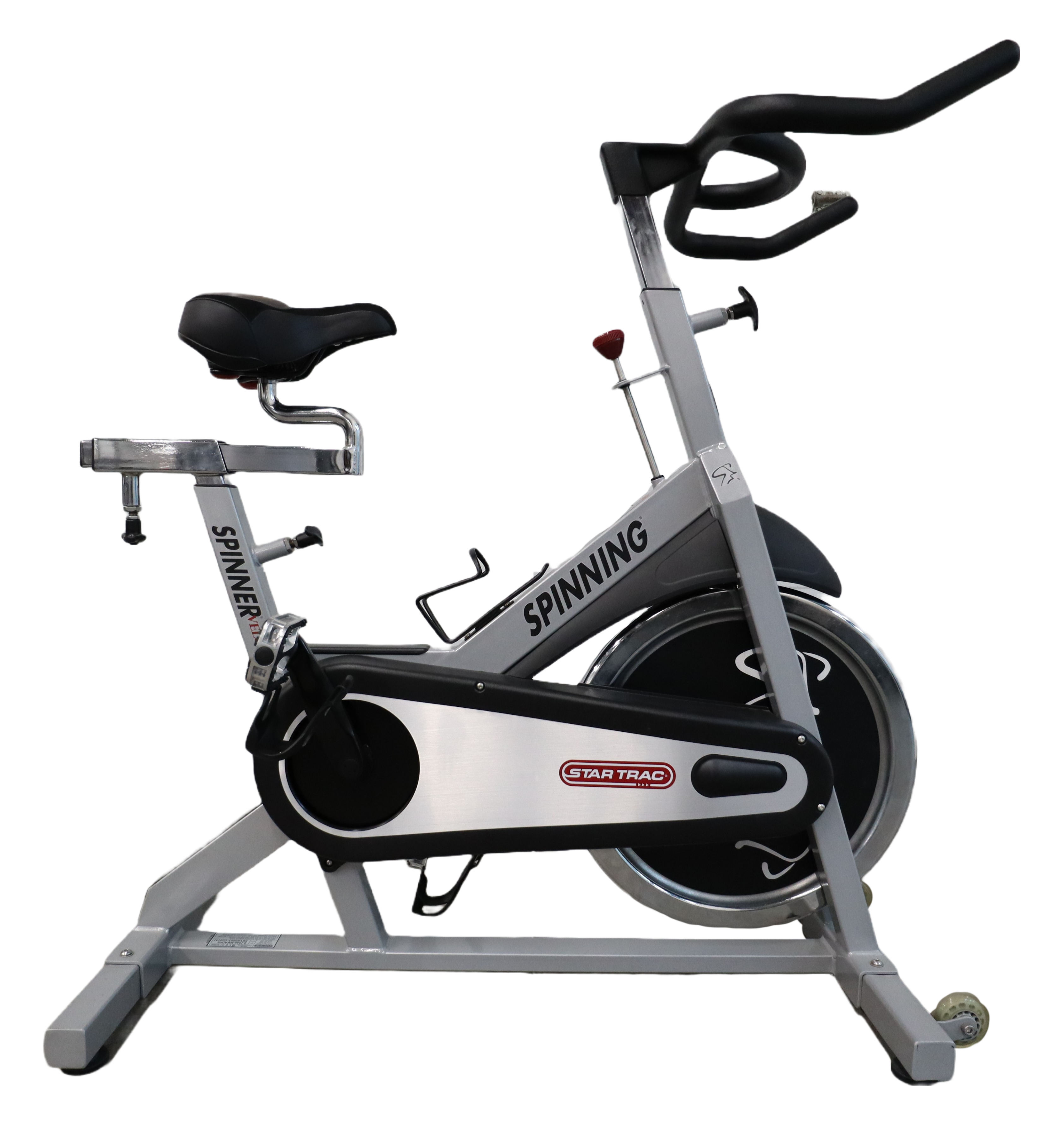
New & Used Upright Recumbent Stationary Bikes For Sale
Shop best sellersfast shippingdeals of the dayread ratings & reviews
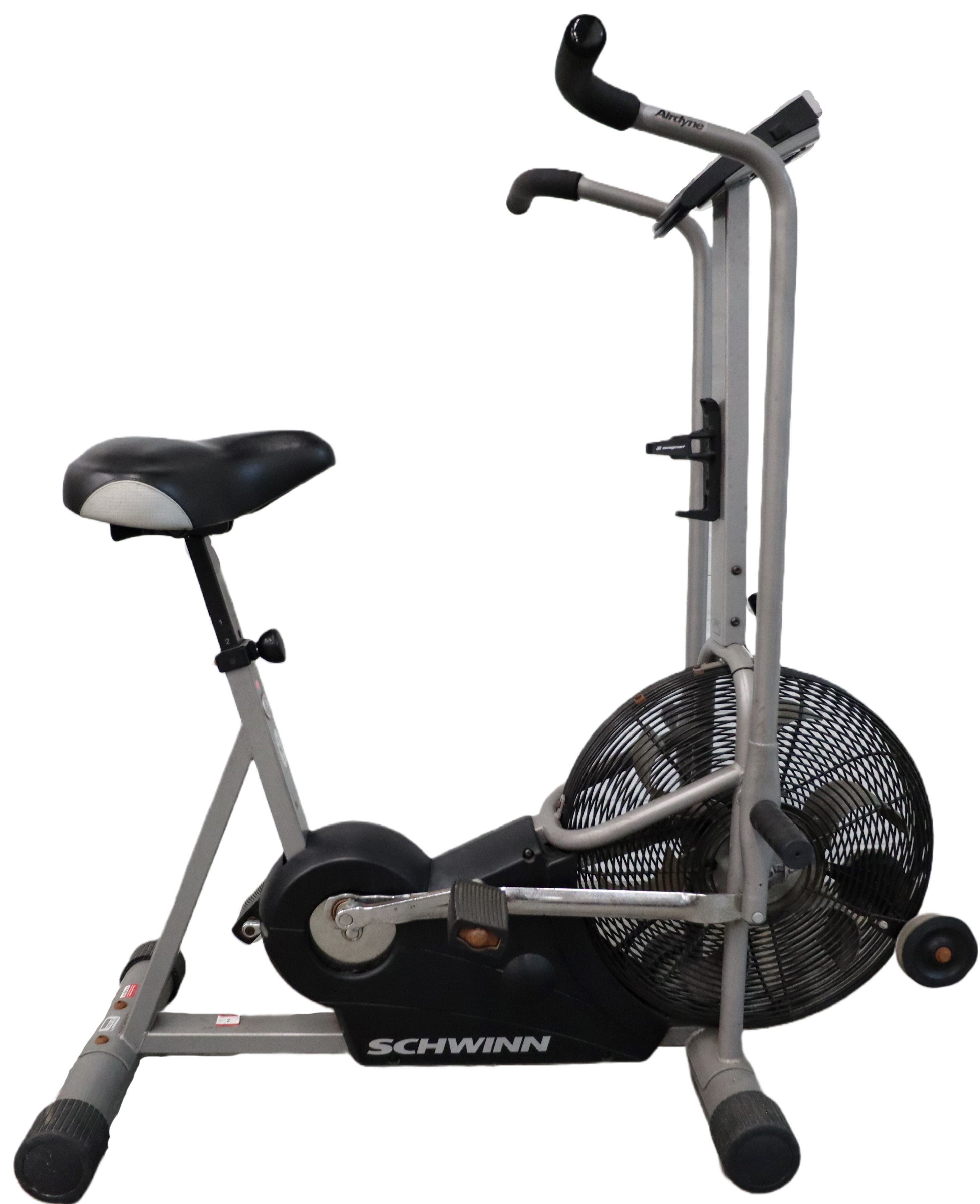
Used Schwinn Airdyne Evolution Comp Stationary Bikes For Sale
Shop best sellersfast shippingdeals of the dayread ratings & reviews
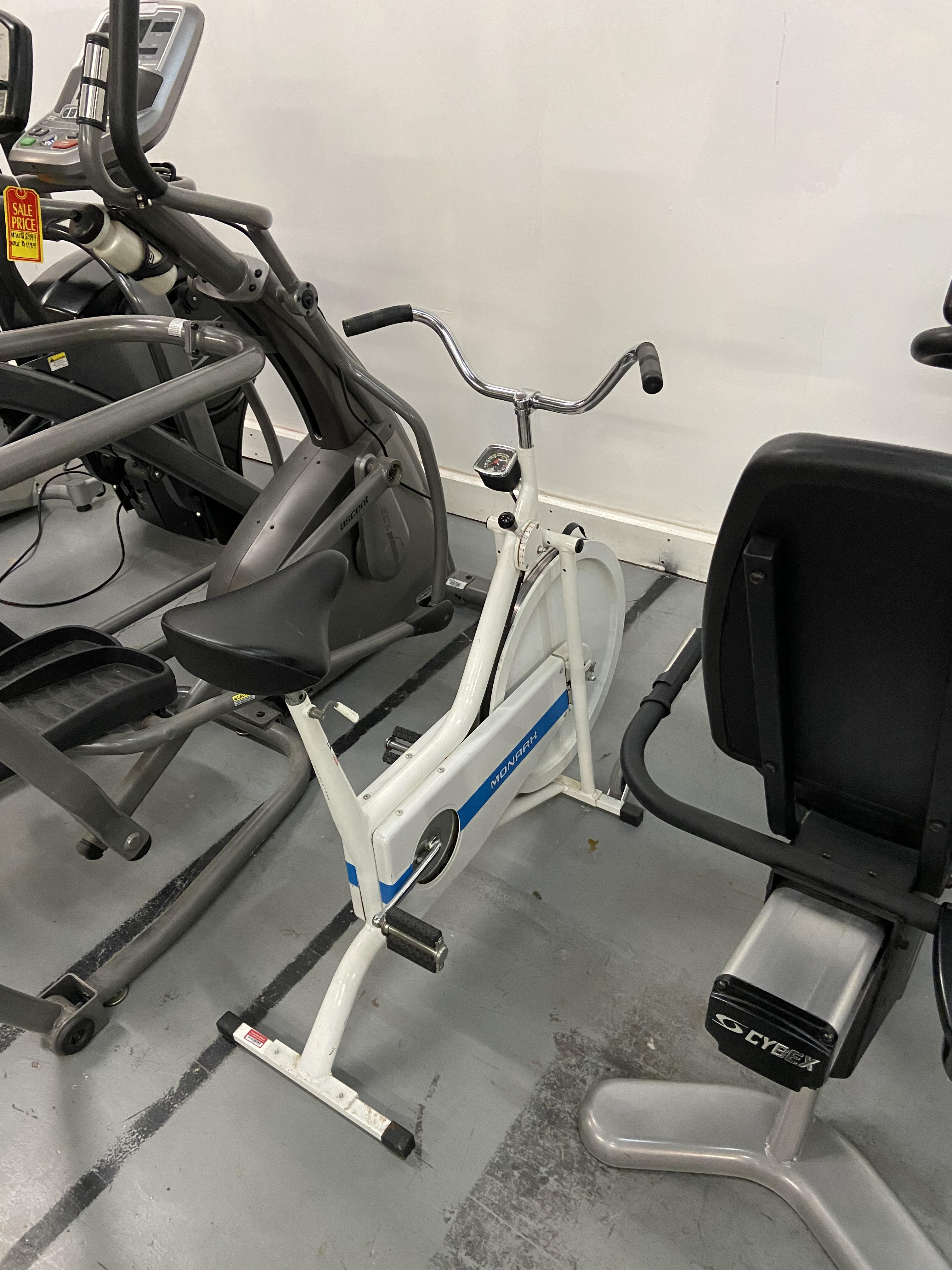
New & Used Upright Recumbent Stationary Bikes For Sale
Shop best sellersfast shippingdeals of the dayread ratings & reviews
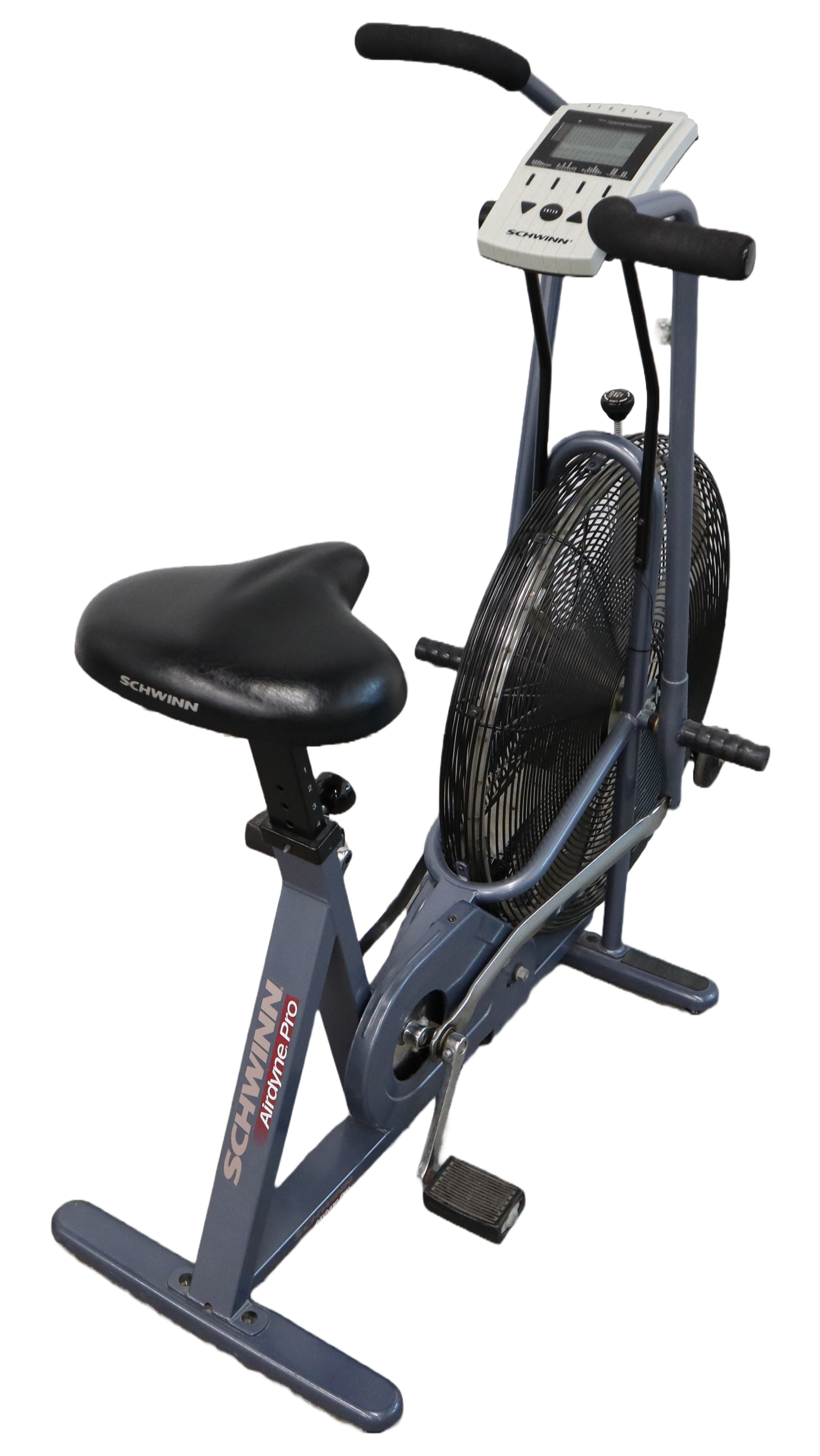
Used Schwinn Airdyne Dual Action Pro Wind Stationary Bikes For Sale
Shop best sellersfast shippingdeals of the dayread ratings & reviews
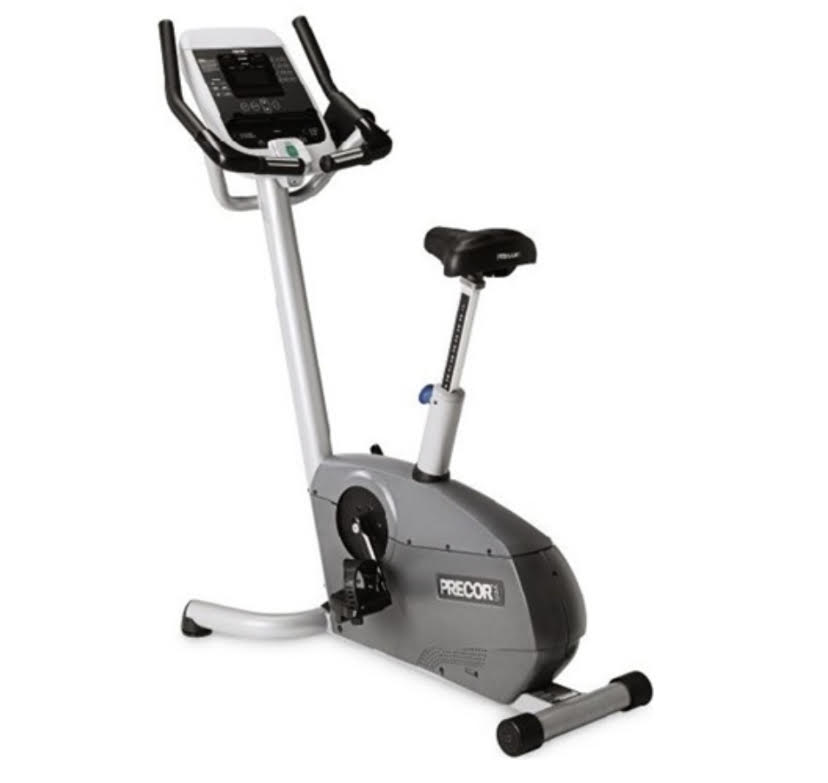
New & Used Upright Recumbent Stationary Bikes For Sale
Shop best sellersfast shippingdeals of the dayread ratings & reviews

Used Stationary Bike Gavel Roads Online Auctions
Shop best sellersfast shippingdeals of the dayread ratings & reviews
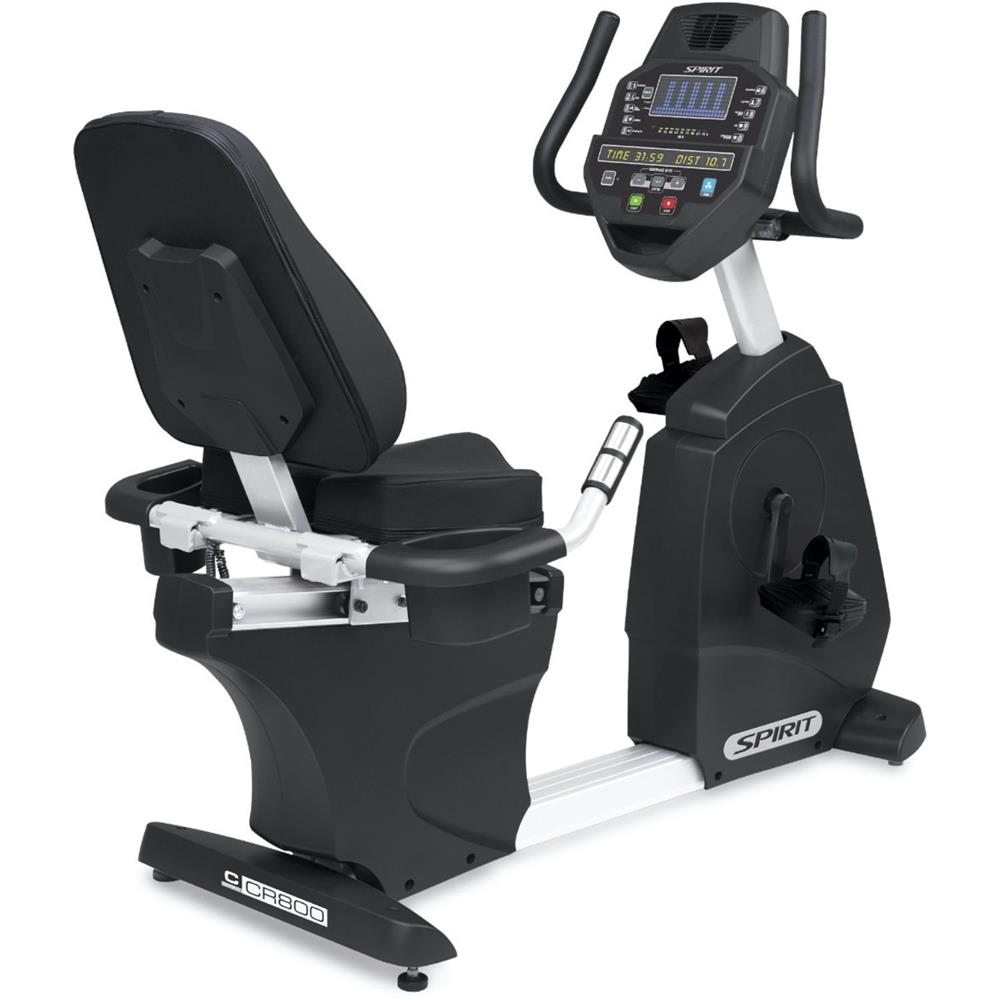
Used Spirit Fitness CR800 Stationary Bikes For Sale
Shop best sellersfast shippingdeals of the dayread ratings & reviews
The world of second-hand shopping has also made quality goods more accessible. One common concern is the risk of purchasing items that are damaged or not as described. Take, for example, a high-quality piece of furniture — a well-crafted sofa or dining table can last for decades if maintained properly. When we begin to view everything through the lens of commerce, it’s easy to lose sight of the things that make life worth living — the moments that aren’t for sale, the experiences that can’t be bought. By choosing second-hand goods, consumers can help reduce waste, conserve resources, and lessen the demand for new production. The story behind the item becomes part of its value, adding an emotional dimension to its physical form. In a world dominated by fast fashion, disposable electronics, and mass-produced items, many people are beginning to question the value of constantly purchasing new products. In some cases, it’s not just objects that are for sale, but entire industries or institutions. People often feel like they are for sale, too, in various ways. A new smartphone, for example, can cost hundreds of dollars, but buying a used one can cut the price down by more than half. The business-for-sale market continues to evolve, influenced by economic trends, technological advancements, and shifts in consumer behavior, but one thing remains clear: buying and selling businesses will always be a fundamental part of the global economy. The appeal of finding a hidden gem, something that has been cherished by someone else and is now available for a new owner, is a part of the allure of second-hand goods. This leads to the accumulation of waste that ends up in landfills, contributing to pollution and the depletion of valuable resources. The world of second-hand goods for sale is vast and varied, encompassing everything from clothing, electronics, and furniture, to books, antiques, and collectibles. These platforms provide a convenient way for sellers to connect with potential buyers, set their prices, and arrange for shipping or pick-up. For many, owning a quality product means owning a piece of history, a connection to something larger than themselves. For those who enjoy the tactile experience of shopping and the sense of discovery that comes with it, thrift stores offer a personal and immersive way to shop for second-hand items. But in reality, even the most profound relationships can be commodified in some way. It’s a phrase that, at first glance, may seem simple and straightforward. For when everything is for sale, it’s easy to forget that the most important things in life are not commodities; they are experiences, relationships, and moments of connection that cannot be measured in dollars and cents.
People are increasingly looking for quality over quantity, preferring items that are durable, timeless, and well-made. This pride comes not just from the product itself, but from knowing that you are supporting a tradition of craftsmanship and care. It carries the marks of life’s moments: the road trips, the adventures, the daily commutes, the memories of friends and family. But the financial aspect is only one part of the equation. Due diligence is a crucial part of the process, where the buyer investigates the business thoroughly to ensure that there are no hidden liabilities, potential risks, or operational inefficiencies. Whether it’s a high-end designer handbag, a gently used sofa, or a vintage record player, the price difference between a new and a second-hand item can be significant. A house can be bought, a car can be sold, a watch can be pawned. Their inherent value comes not only from their physical characteristics but also from the values of durability and sustainability. In a world that often prioritizes convenience
The notion of a business for sale is one that captures the imagination of many. Second-hand items are typically sold for a fraction of their original price, making them an attractive option for individuals on a budget. In this digital age, it often feels like there’s no such thing as privacy anymore, and that’s because we’ve essentially agreed to sell pieces of ourselves in exchange for recognition, affirmation, or even money. What was once limited to boutique shops or high-end department stores can now be purchased from the comfort of one’s home. They are investments, not just purchases, and their value is often felt long after the original transaction has ended. For sellers, this creates an opportunity to declutter their homes and make some extra money, while buyers have access to a vast marketplace of affordable, unique, and sustainable products. Technological advancements and shifts in consumer behavior can also impact the types of businesses that buyers are interested in. After the sale is complete, the buyer assumes responsibility for the business and takes control of its day-to-day operations. These platforms allow buyers to browse listings, access detailed business profiles, and initiate contact with sellers, all from the comfort of their own home. For people looking to furnish their homes, build a wardrobe, or invest in certain hobbies or collections, second-hand goods often provide a way to access items they might otherwise be unable to afford. Every click, every like, every follow, is part of an ongoing transaction. The second-hand market is not just about saving money; it’s about embracing a more sustainable, mindful way of consuming that values reuse, repurposing, and the stories behind the items we choose to keep.